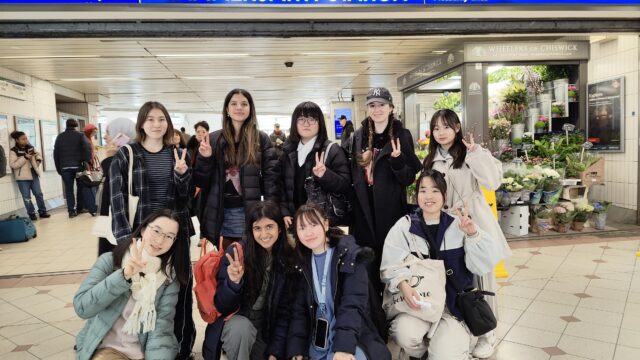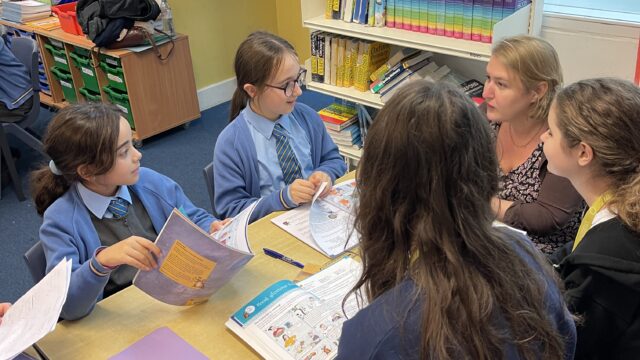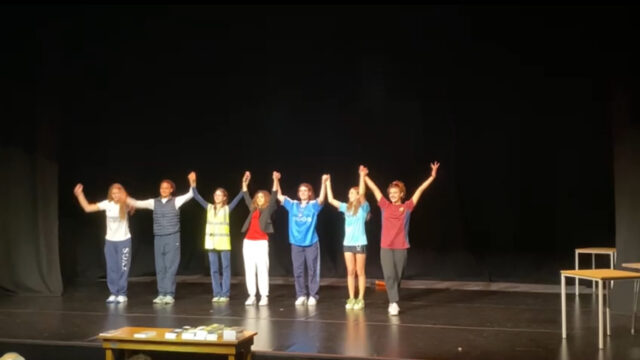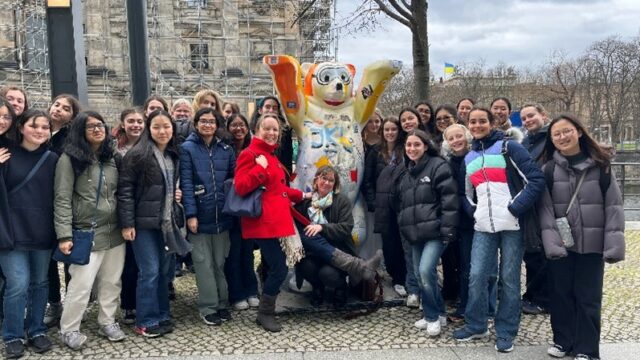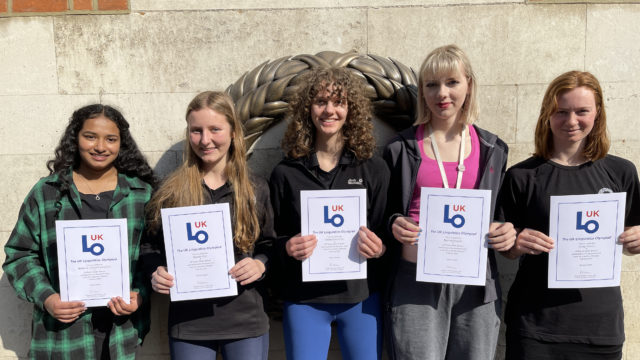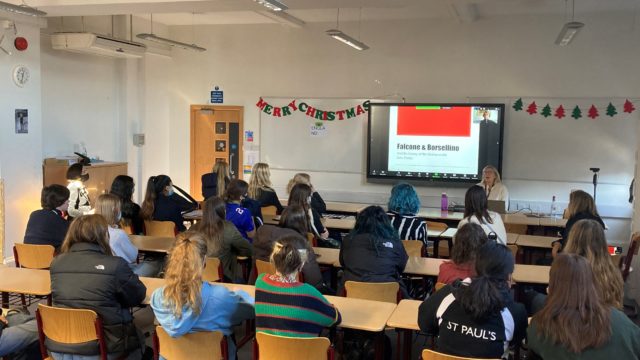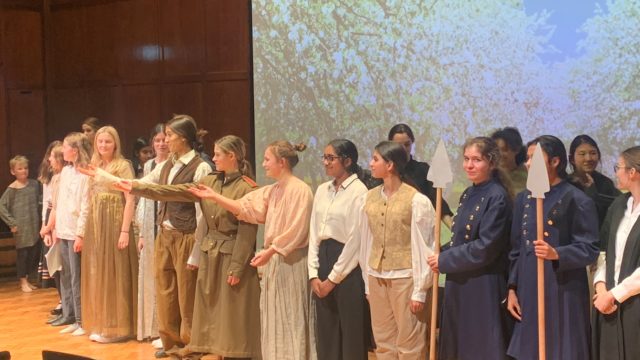German
Here at St Paul’s, we are fortunate to be one of the few schools in the country who teach German as a first foreign language and to a large number of students across all year groups. Thus, we have a large cohort of GCSE and Senior School students every year, with excellent results. Again and again, our students and their parents discover what a great advantage it is to study a Germanic language in addition to an Oriental or a Romance language; travelling and a fuller understanding of the European world become so much easier.
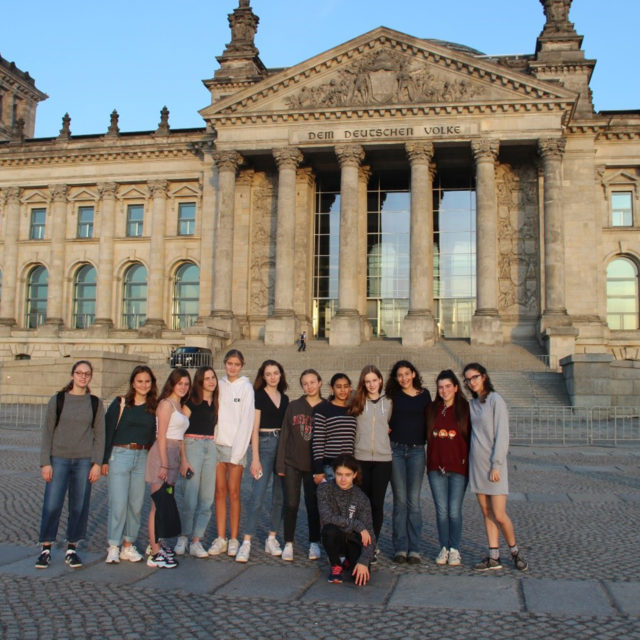
From Haribo to Porsche, from Luther to Angela Merkel, from Schiller to Beethoven, from Einstein to Paul Klee, our language teaching looks beyond the grammar book to provide an enriching curriculum including geography, history, art, film and literature, and current affairs. German is one of the languages all students will explore in the MIV (Year 7); it is then offered as a first foreign language from the end of the MIV and as a second modern language from the UIV (Year 8). We use a very wide range of traditional as well as electronic resources to make the learning varied and fun. In addition, we offer exchanges at every key stage, tailored to the students’ individual learning stage. This gives our students the opportunity to gain first-hand experience of the language in context and the wider social and cultural environment.
At the end of the VI (Year 11), students sit the CIE IGCSE. All exams test all four language skills. The year groups studying towards IGCSE enjoy one weekly lesson with our oral teacher. Over the five years we incorporate a programme of enrichment into the topic teaching in order to broaden students’ cultural knowledge and appreciation of German society.
With the withdrawal of the Cambridge Pre-U examination from June 2023, the German department has moved to the AQA A level examination for the academic year 2021-2022 onwards.
The AQA A level German examination is a two-year linear course which comprises three papers: Listening, Reading and Writing (Paper 1), Writing (Paper 2) and Speaking (Paper 3). Throughout the two years, students will have the chance to delve into various aspects of German-speaking society and culture such as current trends and issues, artistic culture and political life, whilst developing an array of language skills and strategies (listening and reading comprehension, summary writing and translation) and honing their grammar knowledge. In Paper 2, students will showcase their critical appreciation of the concepts and issues covered in both a German literary text and a film, as well as their critical and analytical response to features such as literary forms and cinematic techniques by writing two essays in German.
Finally, in Paper 3, students will be able to demonstrate their thorough knowledge and understanding of German speaking culture by expressing themselves in a confident and sophisticated way, and will have the chance to carry out their Independent Research Project (IRP) on an area of their choice relating to a country or countries where German is spoken.
Trips and cultural opportunities
In the UIV (Year 8), most students take up the opportunity of a week-long exchange with the Liebfrauenschule Bonn to get their first glimpse of life in Germany. In the Middle School, many students travel to Berlin for a cultural and language course. Students opting to study German in the Senior School participate in our exchange, joint with the boys’ school, with Otto-von-Taube-Gymnasium München. We regularly attend London theatre productions, film screenings and exhibitions in German and in translation.
One of the cultural highlights of the calendar is German day, which combines our love for the language with the more traditional approach to Christmas; students can be heard singing German Christmas carols and enjoying typical German lunches.
